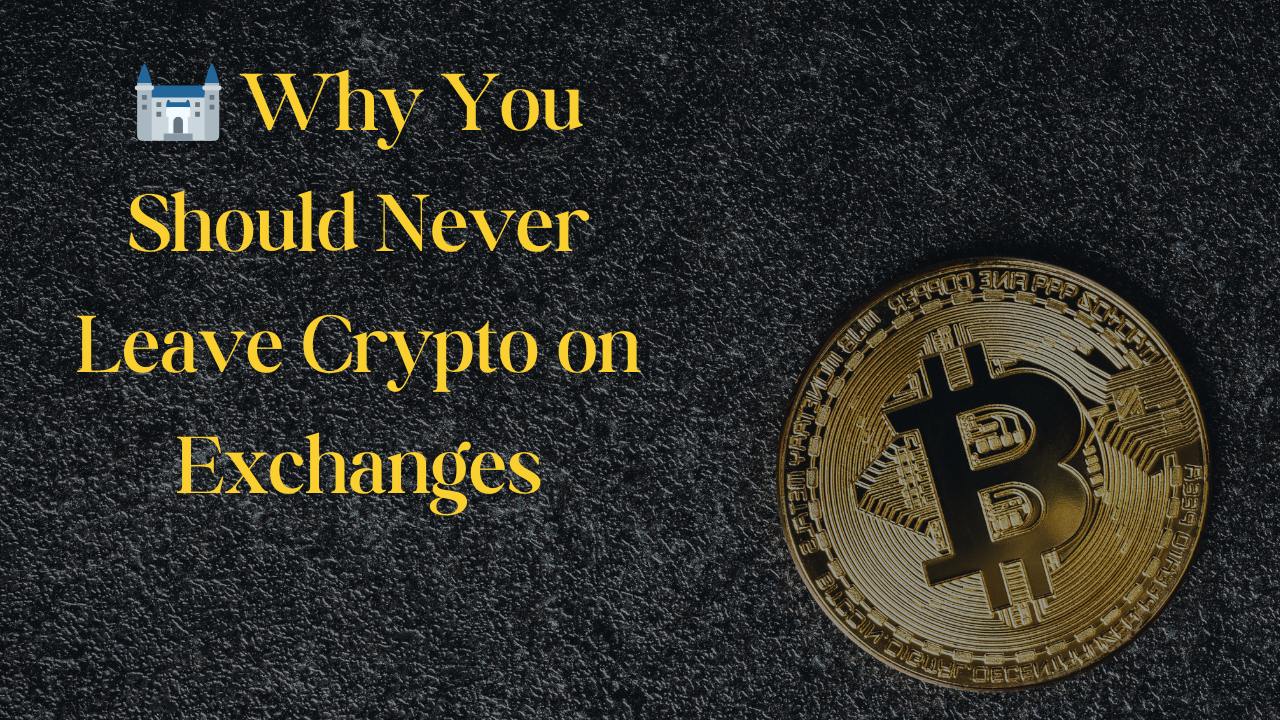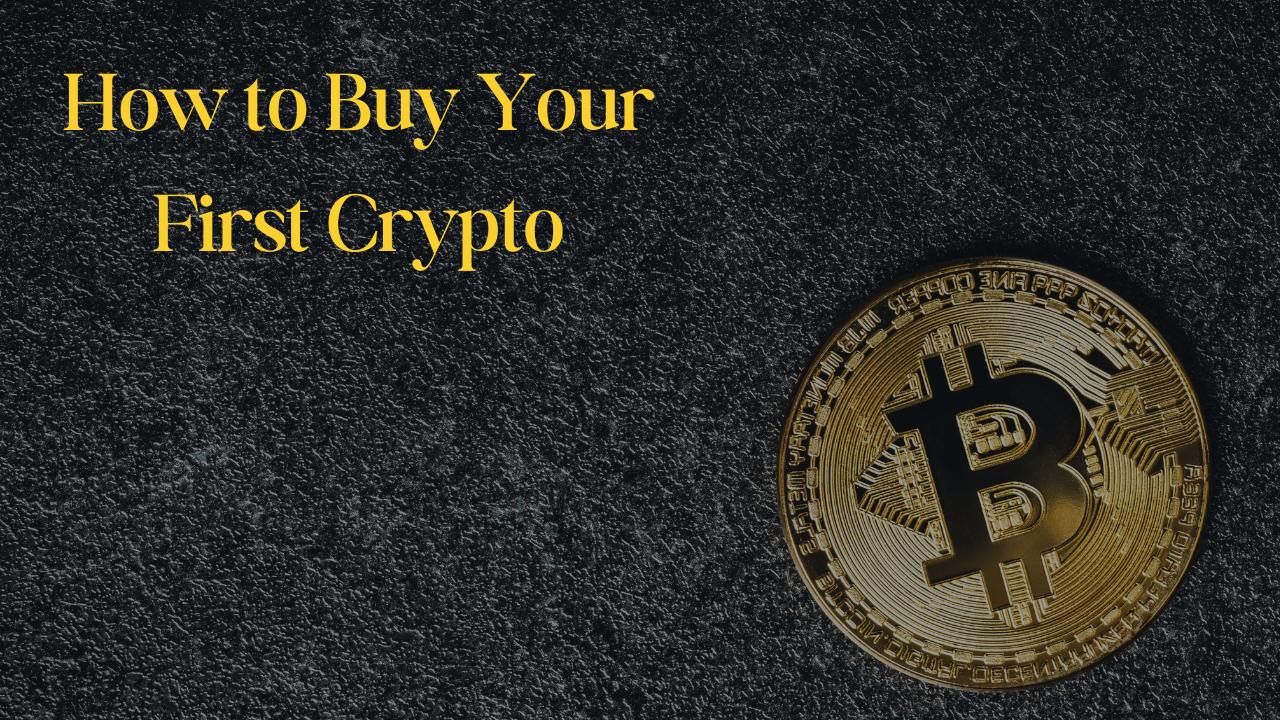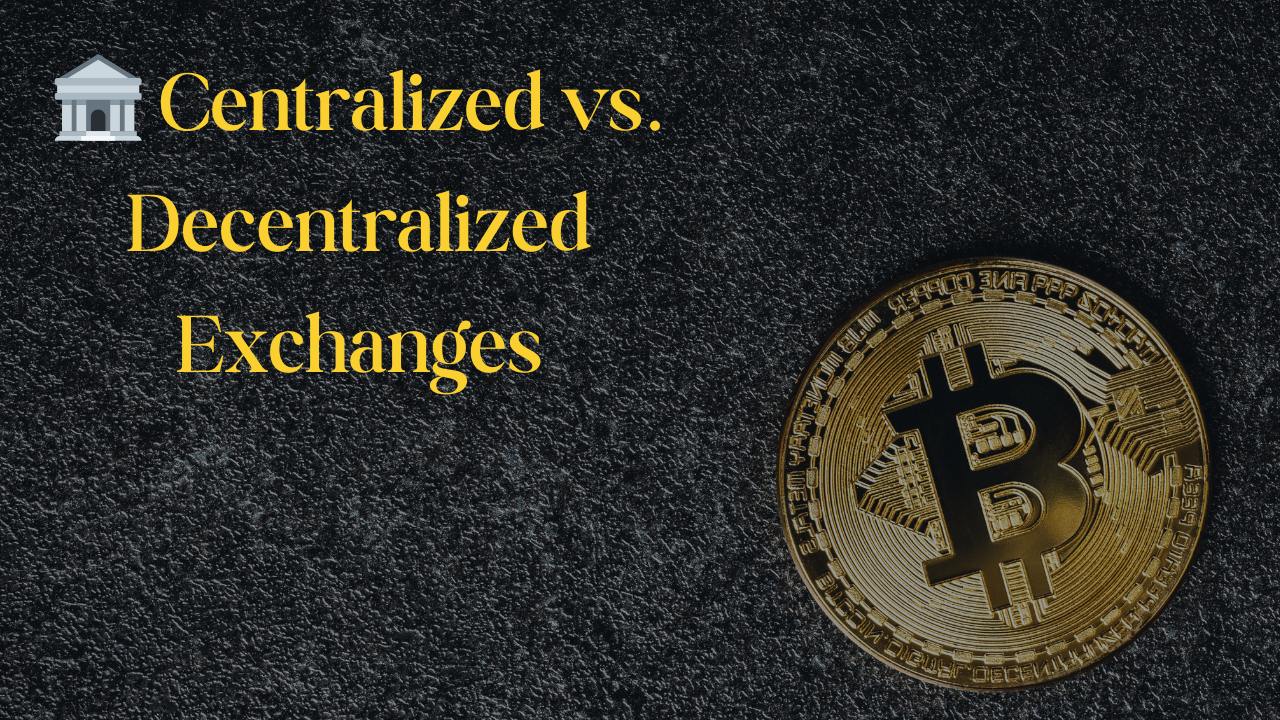🏰 Why You Should Never Leave Crypto on Exchanges
2025-04-02 23:31:29.49 +0000 UTC

🏰 Why You Should Never Leave Crypto on Exchanges
Crypto exchanges are convenient—but leaving your funds on them can be one of the biggest mistakes you’ll ever make. 🧨
If you don’t own the private keys to your crypto, you don’t truly own it. And when it comes to exchanges, you're trusting someone else to hold your assets. That can work... until it doesn’t. 💼🔐
In this guide, we’ll explain the risks of leaving your crypto on exchanges and how to store your digital assets safely and securely. Let’s protect your bags! 💰🛡️
🔑 "Not Your Keys, Not Your Coins"
This golden rule in crypto means: if you don’t control the private keys, someone else does—and they control your funds. 😬
- 🛠️ Private keys are like the password to your wallet
- 🏦 Exchanges manage wallets and keys on your behalf
- ❌ If the exchange gets hacked or freezes your account, you lose access
💥 Real-Life Exchange Disasters
History has shown us what can go wrong:
- 🧊 Mt. Gox (2014): Lost 850,000 BTC in a hack
- 🔥 QuadrigaCX (2019): CEO dies (allegedly) with the only keys
- 📉 FTX (2022): Misused user funds, filed for bankruptcy
Thousands of users lost millions—some never got anything back. 😢
🕵️ Risks of Leaving Crypto on Exchanges
1️⃣ Hacks
- 💣 Exchanges are prime targets for hackers
- 🧑💻 If they get breached, your funds could vanish
- 🔓 Even 2FA and passwords won’t help if the platform is compromised
2️⃣ Fraud or Mismanagement
- 🏛️ Many exchanges are centralized and lack transparency
- 💼 You have no control over how your funds are handled internally
- 📉 If they go bankrupt, you’re last in line to recover anything
3️⃣ Government Freezes or Bans
- 🛑 Governments can order exchanges to freeze user assets
- 🌐 Especially in countries with uncertain regulations
- 🚫 If your country bans crypto, you may lose access overnight
4️⃣ Limited Access
- 🔒 During high volatility, exchanges often go down
- ⏳ You may not be able to buy, sell, or withdraw when you need to most
🧊 The Alternative: Self-Custody
To truly own your crypto, you need a wallet that gives you access to your private keys. This is called self-custody. 🔐
Types of Self-Custody Wallets:
🧊 Cold Wallets (Offline)
- ✅ Safest option for long-term storage
- 📴 Not connected to the internet (immune to online hacks)
- 💼 Examples: Ledger, Trezor, Keystone
🔥 Hot Wallets (Online or App-Based)
- 📱 Good for frequent transactions or DeFi
- ⚠️ More vulnerable—use only for small amounts
- 💡 Examples: MetaMask, Trust Wallet, Exodus
Pro Tip: Use cold wallets for savings, hot wallets for spending. 🧠
📝 Best Practices for Secure Crypto Storage
- 🔐 Write down your seed phrase—never save it digitally
- 🧾 Store backups in safe, separate locations
- 📵 Don’t share your keys or phrases—ever
- 🧱 Consider multi-sig wallets for added protection
💳 When Exchanges Are (Somewhat) Necessary
Exchanges do serve a purpose—but use them wisely:
- 💱 For buying/selling crypto with fiat
- 📈 For short-term trades or high liquidity
- 📤 For bridging assets between blockchains
Just don’t leave your funds sitting there long-term. 🛑
📦 How to Transfer Funds to a Wallet
- 🔐 Set up your wallet (hot or cold)
- 📥 Get your receiving address
- 📤 Withdraw from the exchange to your wallet
- ✅ Double-check the network and address
Note: Always test with a small amount first. 🧪
🛡️ Tools to Help You Stay Safe
- 🧰 Revoke.cash: Revoke smart contract approvals
- 🔎 Token Sniffer: Scan for malicious tokens
- 📊 CoinGecko / CoinMarketCap: Monitor market listings
- 🧠 Ledger Live / Trezor Suite: Manage hardware wallets
✅ Final Thoughts
Exchanges are for trading—not storage. If you want true ownership, you must take control of your crypto. 🔐🏰
Don’t wait until it’s too late. Set up a secure wallet, withdraw your coins, and sleep peacefully knowing that your assets are safe from hacks, collapses, and centralized drama. 😴💪
💬 Coming up next: 🛡️ Multi-Sig Wallets: What They Are and Why They Matter


